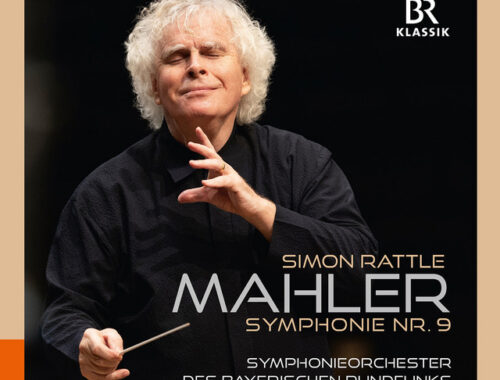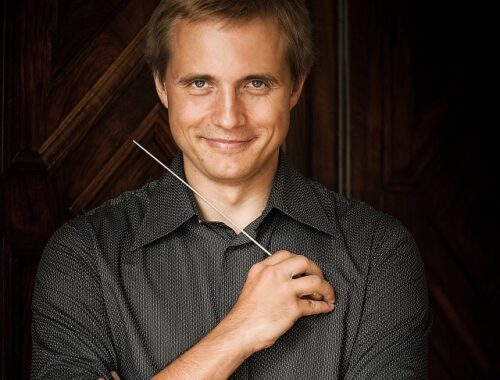FRIDAY 22ND JANUARY 2010 SIMON KEENLYSIDE/MALCOLM MARTINEAU *****
Wigmore Hall
It was during the Hugo Wolf setting of Mörike’s “An eine Äolsharfe” (“To an Aeolian Harp”) in this marvellous Simon Keenlyside/ Malcolm Martineau recital that it became clear that the ever-delicate art of lieder singing had hit some kind of high, not just for this evening but for the craft in general. It really doesn’t get a whole lot better. As Martineau’s seraphic strumming established the mystery and fragrance of that song and Keenlyside slipped effortlessly from one ravishing head-voice ascent to the next, a sound so honeyed and so enticing that whilst listening to it you can’t imagine that there is a lovelier lyric baritone on the planet, we edged as close to perfection as is reasonable to expect. The last three notes of Martineau’s postlude were as exquisitely placed as they were expectant. The atmosphere in the hall was transfixing.
And that was just one song. This is a partnership which one feels has aged and marinated to the point where it is now fully ready to savour. In the opening group of Schubert songs the intimacy of the playing and singing was a constant source of pleasure, Martineau’s deft touch seamlessly connected to the elegance of Keenlyside’s articulation in those characteristically graceful Schubertian turns. The very last line of “An den Mond in einer Herbstnacht” – “I will no longer be remembered on this fair earth” – found consonance on a cadence that seemed to be the invention of Keenlyside himself, so naturally and unassumingly did he arrive there.
This is a voice of many colours but more importantly a voice where the lyric and dramatic elements are held in such perfect balance. I’ve described the sweetness, the sheer beauty of his elegant mezza voce, but there is a darker trenchancy, too, and that chimed well with vivid imagery of Wolf’s bracing, wind-swept, word setting and the lustfulness of a song like “Der Jäger” (“The Huntsman”).
It was fascinating to hear in such close proximity the Wolf and Brahms settings of “To an Aeolian Harp” – the former rejoicing in rapt vocal effects, the latter achieving its rapture through aspirational melody and harmony. Brahms’ grateful vocal lines rolled out, so free and refulgent, while Martineau’s weighting and placing of chords brought many tiny revelations. Is there a stranger or more haunting lullaby than “Nachtwandler” (“Sleepwalker”)? Or a more startling premonition of Mahler than “Von ewiger Liebe” (“Eternal Love”)? Just two of the questions this terrific recital asked and answered.
You May Also Like

ENCOUNTERS: Edward Seckerson talks to Broadway composer LUCY SIMON
16/07/2019
GRAMOPHONE Review: Mahler Symphony No. 9 – Bavarian Radio Sinfonieorchester/Rattle
06/01/2023